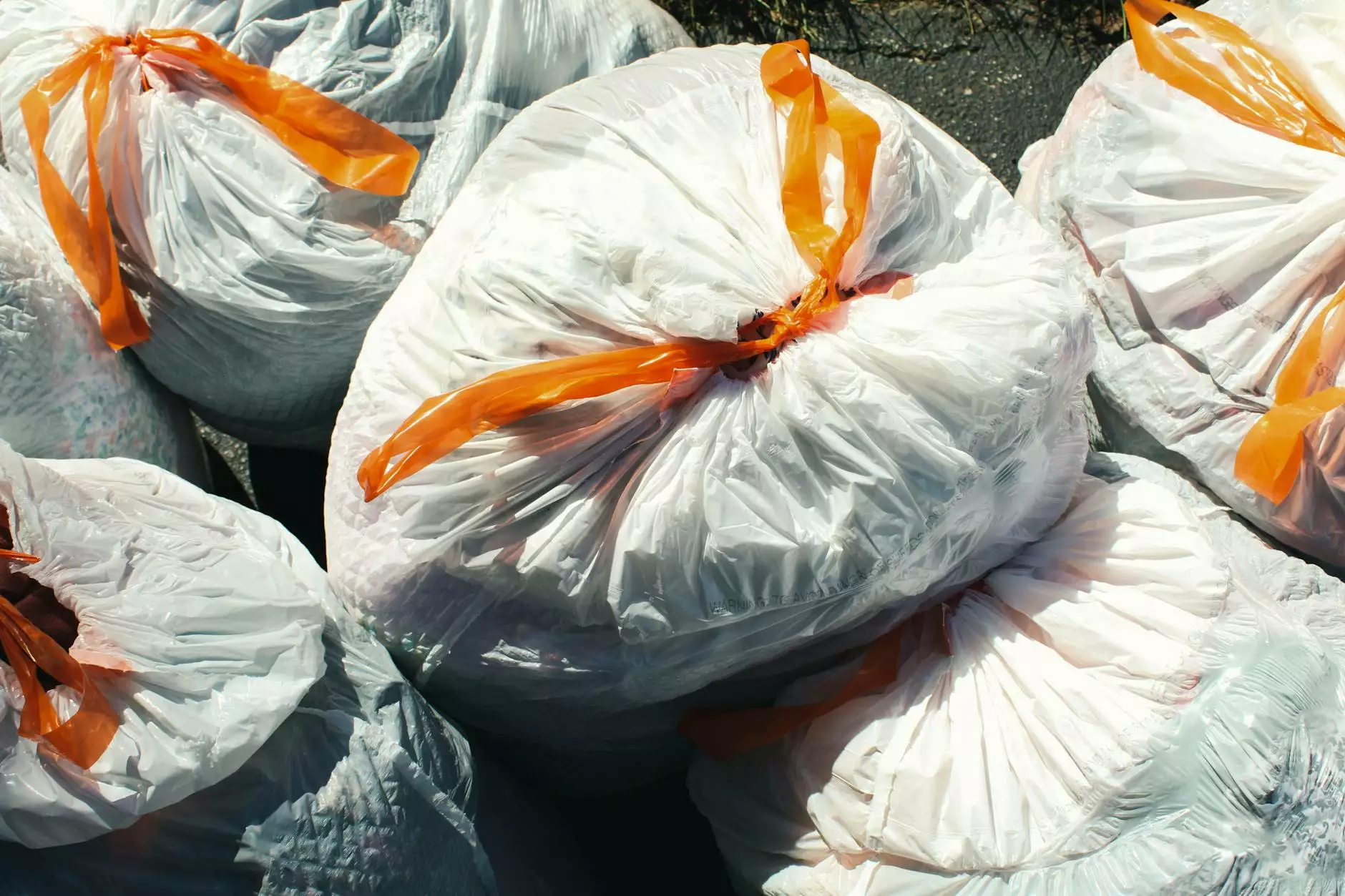Exploring Biohazard Cleanup Jobs: A Vital and Rewarding Career Path

In recent years, the importance of biohazard cleanup jobs has become increasingly recognized. The demand for professionals who can safely and effectively handle hazardous materials and biohazard situations has grown significantly. From crime scene cleanups to infectious disease remediation, biohazard cleanup is essential in maintaining a safe and healthy environment. This article delves into various aspects of biohazard cleanup jobs, including the necessary skills, certifications, challenges faced, and the rewards of working in this critical field.
What is Biohazard Cleanup?
Biohazard cleanup refers to the removal and decontamination of hazardous materials resulting from traumatic incidents, including:
- Blood spills
- Crime scenes
- Infectious disease incidents
- Industrial accidents
- Hoarding situations
The process involves thorough cleaning, sanitizing, and disposing of biohazardous materials in compliance with state and federal regulations. Professionals in this field are often referred to as biohazard cleanup technicians or specialists.
The Role of Biohazard Cleanup Technicians
Biohazard cleanup technicians play a crucial role in ensuring the safety and well-being of the community. Their responsibilities include:
- Assessment: Evaluating the affected area to determine the extent of the cleanup required.
- Protection: Utilizing personal protective equipment (PPE) to safeguard against exposure to harmful substances.
- Cleanup: Safely removing and disposing of biohazardous materials, including blood, bodily fluids, and contaminated items.
- Decontamination: Cleaning and disinfecting surfaces to eliminate any potential health risks.
- Documentation: Keeping accurate records of the cleanup process for legal and insurance purposes.
- Support: Providing assistance to affected individuals and families during a traumatic experience.
Skills Required for Biohazard Cleanup Jobs
Working in biohazard cleanup requires a unique skill set that combines technical knowledge, physical ability, and emotional resilience. Some essential skills include:
- Attention to Detail: Biohazard cleanup involves meticulous work to ensure all hazardous materials are safely removed and areas are thoroughly sanitized.
- Physical Stamina: The job often requires lifting heavy objects and working in potentially challenging environments.
- Technical Knowledge: Understanding the chemistry of cleaning agents and biohazardous materials is crucial for safe and effective cleanup.
- Problem-Solving Skills: Each cleanup situation is unique, requiring technicians to think critically and adapt to changing circumstances.
- Compassion and Empathy: Often, the situations encountered can be traumatic for clients. Technicians must provide support and understanding during difficult times.
Certifications and Training for Biohazard Cleanup Jobs
To excel in biohazard cleanup jobs, obtaining the necessary certifications and training is vital. Common certifications include:
- OSHA Certifications: Training in OSHA standards helps ensure safety when handling hazardous materials.
- Bloodborne Pathogens Training: This training focuses on the safe handling and disposal of blood and other potentially infectious materials.
- Hazardous Waste Operations and Emergency Response (HAZWOPER): Provides knowledge and skills for safely managing hazardous waste.
- First Aid and CPR Certification: Technicians should be trained in first aid and CPR to address any emergencies that may arise.
In addition to formal training, on-the-job experience and mentorship from seasoned professionals are invaluable in developing practical skills.
Challenges Faced in Biohazard Cleanup Jobs
Although biohazard cleanup jobs can be highly rewarding, they also come with several challenges:
- Emotional Toll: Cleaning up after traumatic events can be emotionally draining. Technicians must develop coping strategies to manage stress.
- Safety Risks: Exposure to hazardous materials poses a significant risk. Adherence to safety protocols is crucial to avoid accidents.
- Public Perception: Biohazard cleanup is frequently misunderstood, leading to stigma and challenges in gaining community trust.
- Unpredictable Work Hours: The nature of the work often requires technicians to be on call, leading to irregular hours and potential burnout.
The Rewarding Nature of Biohazard Cleanup Jobs
Despite the challenges, biohazard cleanup jobs offer numerous rewards that make this career path attractive:
- Making a Difference: Technicians have the unique opportunity to help individuals and families during their most difficult times, providing a sense of purpose.
- Job Security: As awareness of health and safety increases, the demand for skilled biohazard cleanup professionals continues to rise, leading to job stability.
- Competitive Salary: Biohazard cleanup jobs often come with attractive compensation packages, reflective of the specialized skills required.
- Opportunities for Advancement: With experience and additional training, technicians can move into supervisory roles or start their cleanup businesses.
How to Find Biohazard Cleanup Jobs
Finding biohazard cleanup jobs can be a straightforward process if approached correctly. Here are steps to consider:
- Research Local Companies: Look for established biohazard cleanup companies in your area, such as Biohazard Plus.
- Utilize Job Boards: Websites like Indeed, Monster, and LinkedIn often list biohazard cleanup job openings.
- Network with Professionals: Connecting with industry professionals through forums and social media can lead to job opportunities.
- Consider Temp Agencies: Some agencies specialize in placing workers in biohazard cleanup positions, providing a pathway into the industry.
Conclusion
Biohazard cleanup jobs are essential for maintaining public safety and health. As experts in decontamination and hazardous material removal, technicians provide invaluable services during traumatic events. While the job presents challenges, it is also extremely rewarding, offering opportunities for personal growth and professional advancement.
If you are considering a career in this unique field, focus on gaining the necessary skills and certifications, staying informed about industry standards, and embracing the opportunity to make a significant impact in the lives of others. Whether you are seeking a stable job in a growing industry or a meaningful way to help those in need, biohazard cleanup jobs may be the perfect fit for you.









